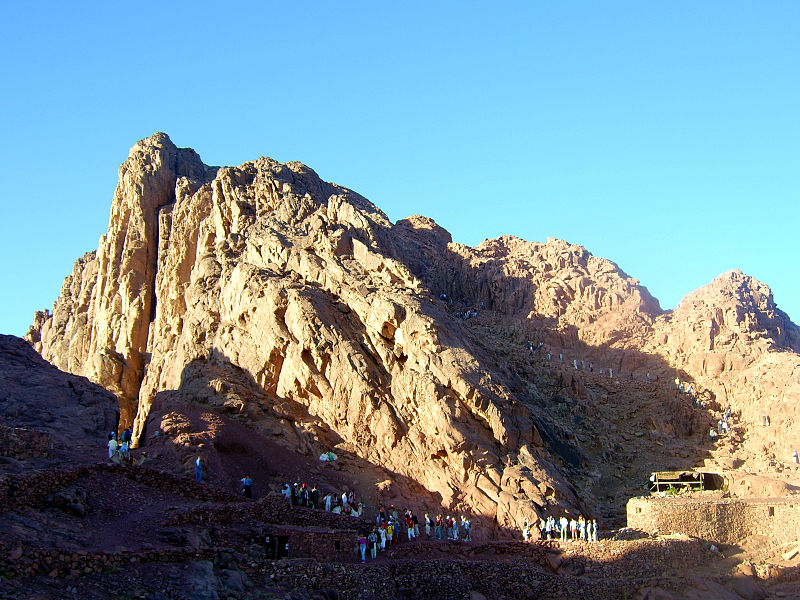 Today is Shavuot, the Feast of Weeks — one of the three big holidays, hagim, when Jews journeyed to Jerusalem to make a sacrifice at the Temple. It was in the first instance an agricultural festival, marked out by biblical injunction as 50 days from the barley harvest at Passover to the wheat harvest.
Today is Shavuot, the Feast of Weeks — one of the three big holidays, hagim, when Jews journeyed to Jerusalem to make a sacrifice at the Temple. It was in the first instance an agricultural festival, marked out by biblical injunction as 50 days from the barley harvest at Passover to the wheat harvest.
More importantly, it came to mark the anniversary of the Theophany at Sinai, when God gave the Torah to the Israelite people in a terrifying and unique manifestation with thunder and lightning, volcanic shaking and smoking, intensifying blasts of the shofar, and a flame rising to the heavens. This is the moment when a relationship between a people and their God turns into a religion, complete with doctrines and regulations.
Greek-speaking Jews called the holiday Pentecost, after the 50-day period, and it was on that day that the first followers of Jesus, observant Galilean Jews that they were, were together in Jerusalem.
And suddenly there came a sound from heaven as of a rushing mighty wind, and it filled all the house where they were sitting. And there appeared unto them cloven tongues like as of fire, and it sat upon each of them. And they were all filled with the Holy Ghost, and began to speak with other tongues, as the Spirit gave them utterance.
In other words, they spoke in all the languages of the Jews who had come to town from all over the world to sacrifice. And Peter announced to them the new Testament, the new Torah, of Jesus Christ. It was, in short, a recapitulation of the Theophany at Sinai, and the beginning of Christianity — celebrated this Sunday, fifty days after Easter.
George Bernard Shaw is supposed to have called England and America “two countries separated by a common language.” Shavuot/Pentecost reminds us that Judaism and Christianity are two religions separated by a common calendar.





